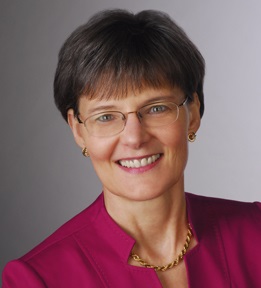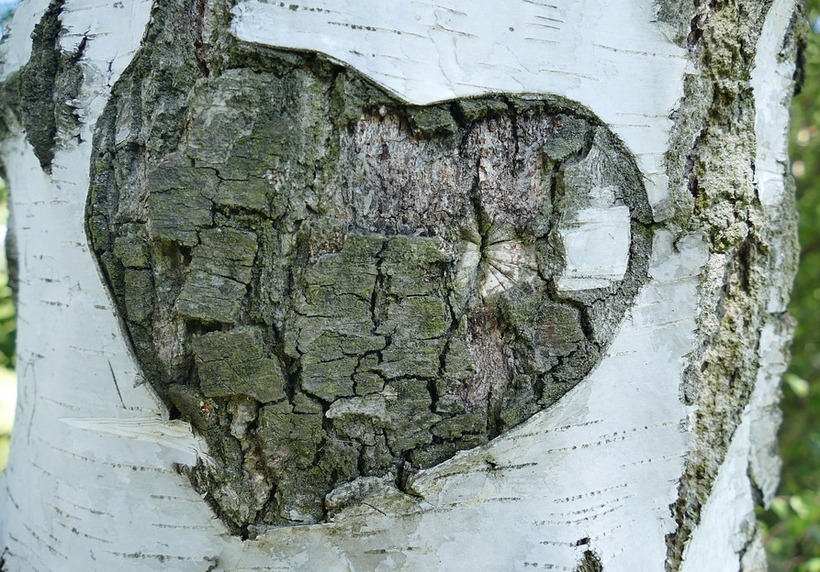Imagine a usual day. You grab coffee and settle in at your desk. You have a productive morning and go for lunch before the afternoon’s tasks. There’s nothing unusual; it’s just a typical day. Then you answer the phone, you hear the hospital chaplain’s voice … and nothing is ever the same again.
You are thrown into the vortex of grief. You cope. You find a way to go on. Gradually you heal. But no matter what, you never forget. Healing does not mean forgetting, or putting your loved ones in a box marked “past” and leaving them there. And because you never forget someone you so loved, there is never a point of final “closure”. You will never reach a day when you stop missing him, when you stop wondering what life would have been like if she were still alive, or when you no longer remember that person existed. Your love and memories never die, and you carry them with you forever.
Unfortunately, people around you don’t understand. So when it’s the 3rd or 5th or 9th anniversary, most of them “leave you alone”. It’s not because they don’t have good intentions; it’s because they have never been taught how to support you so they don’t know any better. They don’t know what to say so they say nothing at all. They avoid the issue for fear they will “make” you cry (as if tears aren’t there anyway), or remind you what day it is (as if the date isn’t seared into your consciousness for life), or interrupt your private time (as if you wouldn’t rather share the grief and the memories with someone who cares). Or they simple expect that you are “over it” by now. It’s very isolating.
Perhaps we can learn something from our public memorials of tragic days. Everyone older than 50 remembers exactly where they were when JFK was assassinated, and can still hear Walter Kronkite’s somber voice. It has been over 30 years since the Shuttle Challenger exploded, but we remember the name McAuliffe as we mark the day. 17 years after 9-11’s smoke, sirens, and crashing buildings, we pause on the anniversary to show videos, tell stories of heroes, read every name, wipe away a tear, and proclaim that we will never forget. Whenever we experience a major loss as a nation, we remember, celebrate, and honor that loss for years to come.
Can we have as much compassion for our private grief as we do for our societal grief? As these examples illustrate, when you are grieving (or supporting grieving family and friends), the goal of grief is not to forget or “put this behind you and get on with life”. Instead, we move on precisely because we remember, because we create an enduring memory to carry with us into a future that is different than anything we could have imagined before. We tell the stories and share appreciation for the privilege of having these people in our lives. We try to prevent this kind of tragedy from happening to someone else. We learn from what their lives taught us. We change in more ways than we thought possible. We live with grief and healing, allowing both to co-exist in the everlasting interplay between loss and gratitude, sorrow and joy, letting go and moving on.
Allow yourself to say the name, tell the story, and keep the memories alive. Tell your friends and family that it is OK to say the name of your loved one, too, or ask them to tell you a story.
Give yourself permission to remember and acknowledge the anniversaries, birthdays, and other special events. Honor your loved one, and recognize how that love has shaped and formed you into who you are becoming now. Instead of trying to put it behind you and get on with life, build memories that will never “put them behind you”. Take the life, love, and lessons into the future with you and live as fully as possible now enriched by that memory.
Originally published at www.huffingtonpost.com


